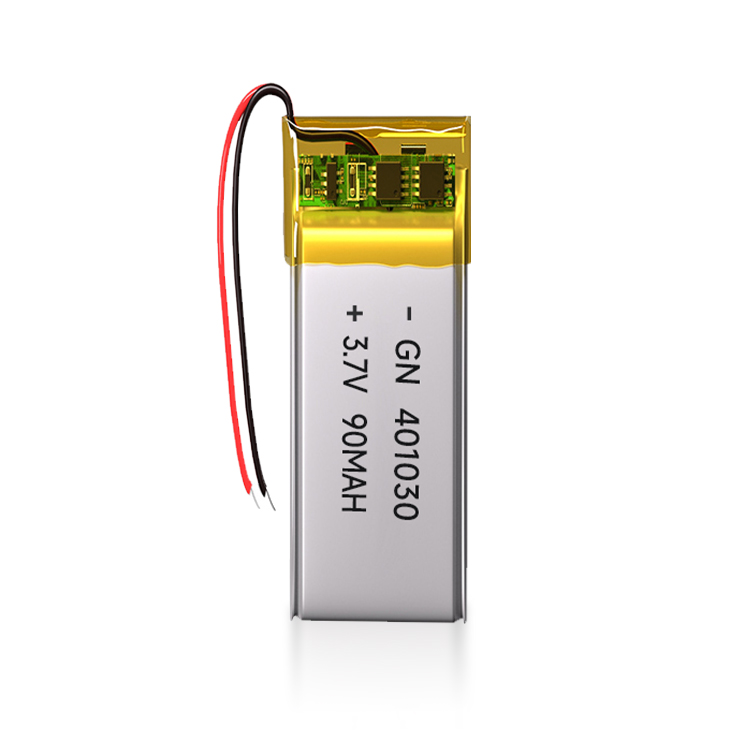

As 5G, which uses higher terminal energy consumption, becomes more common, the phones in consumers’ hands must adapt to support the power requirements of the next generation network. Therefore, Nokia Bell Labs and Advanced Materials and Bioengineering Research (AMBER) have developed new battery technology that may double the battery life of mobile phones without making them heavier.
As 5G, which uses higher terminal energy consumption, becomes more common, the phones in consumers’ hands must adapt to support the power requirements of the next generation network. Therefore, Nokia Bell Labs and Advanced Materials and Bioengineering Research (AMBER) have developed new battery technology that may double the battery life of mobile phones without making them heavier.
According to a release Thursday, the researchers filed a patent to protect the design and begin commercialization as soon as possible.
"By packing more energy into less space, this new battery technology will have a profound impact on 5G and the entire networked world," said Paul King, one of the project's lead researchers and a technical fellow at Nokia Bell Labs. said the press release.
In addition, the new technology also describes improvements in power supply for industry to better maintain renewable energy grids, consumer services and the Industrial Internet of Things (IIoT), especially to manage the high energy fluctuations of wind and solar technologies.
Low temperature lithium iron phosphate battery 3.2V 20A -20℃ charging, -40℃ 3C discharge capacity ≥70%
Charging temperature: -20~45℃ -Discharge temperature: -40~+55℃ -40℃ Support maximum discharge rate: 3C -40℃ 3C discharge capacity retention rate ≥70%
Click for details
A study published by WoodMackenzie in February suggested that energy storage requirements for a 100% renewable system could be 25 times higher compared to today's systems. For these upcoming challenges, the need for efficient, fast charging and compact energy storage becomes even more urgent.

Popular recommendation
603450 polymer battery.New progress in alkaline zinc-iron flow battery research
2023-10-09CR1130 battery.Institute of Advanced Technology makes progress in research and development of flexib
2023-10-08AA Carbon battery!Tesla avoids dependence on suppliers and develops batteries independently
2023-10-08CR1220 battery.Design of battery charging, discharging and detection system based on PWM technology
2023-10-08Model comparison table of button battery
2022-06-1848v 10kwh energy storage solar system.Brief analysis of dynamic charging technology of electric vehi
2023-10-08aa alkaline battery.Manufacturing nickel-metal hydride batteries must ensure battery performance and
2023-10-09AG13 battery!Siemens sets up energy storage battery research center to cooperate with Tianmu Lake Re
2023-10-08CR1216 battery.Energy Institute has made progress in the research and development of polymer electro
2023-10-08AG6 battery!Detailed circuit explanation: Circuit for online trickle charging using solar cells
2023-10-08LR41 battery!Chinese and foreign R&D teams synthesize "double modification" cathode ma
2023-10-08Precautions for button type battery
2022-06-18